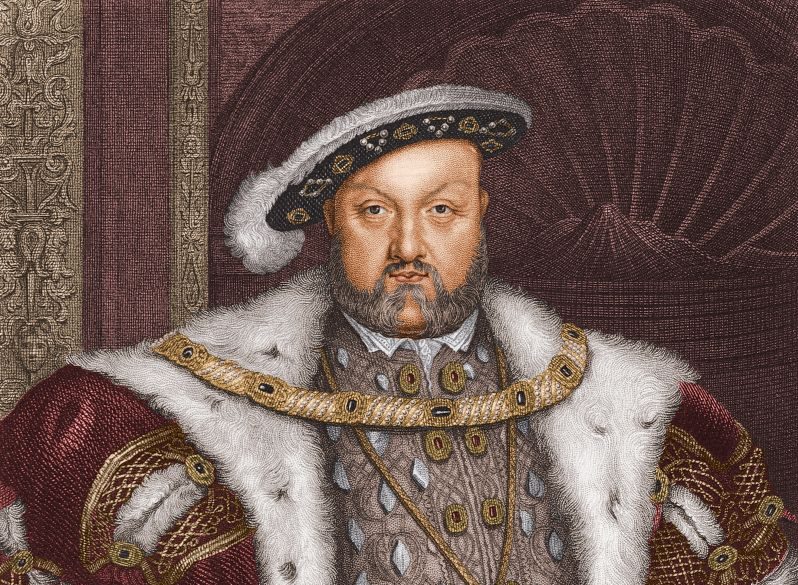French voters are looking on aghast at the state of their country’s democracy. Faced with stalemate in the French National Assembly since the 7 July elections, acute frustration is building among left and right wing députés. They fear that the election is being stolen from them by the scheming of president Emmanuel Macron’s much depleted centrist bloc. Despite taking a beating in the European and legislative elections from left and nationalist right, Macron has been manoeuvring to deny any chance of government to members of what he refers to as the ‘extremes’: Jean-Luc Mélenchon’s France Unbowed party and Marine Le Pen’s National Rally. He has been brutally successful in the latter case.
How will this dismal saga end?
The 577-seat chamber is gridlocked by three relatively equal political groupings after the broad leftwing alliance of the New Popular Front (NPF) unexpectedly topped the 7 July runoff with more than 190 seats. But it is well short of a 289 absolute majority. Macron’s camp is on 164 and Le Pen’s grouping on 143. Declaring that there is no winner, Macron refuses to call on the NPF to form a government despite it being the largest group in the chamber, although the NPF does itself no favours by its divisions on a name for prime minister.
The National Assembly is supposed to be the shopfront of French democracy, the speaker’s office and the eight parliamentary commissions its engine room. By tradition, all parties in the assembly are represented there quasi-proportionally, as in most mature democracies. Macron has just broken parliamentary etiquette by, in the eyes of some, gerrymandering votes to deprive France Unbowed and the Nationalist Rally representation. Ministers were allowed to vote when, according to French parliamentary tradition, they cannot do so. This may now be contested in the courts. Though no culprit has been discovered, last Friday a vote to elect vice-presidents had to be re-run because more voting slips were counted than there were voters. France Unbowed and the left have, nevertheless, managed to secure some appointments against Macronist blocking tactics.
We now have a situation where despite a massive defeat for the presidential camp, the same government is in power in a caretaker capacity for an unspecified period, the president of the National Assembly is the same Macronist from the previous legislature, a majority of vice-presidents are Macronists and six out of eight presidents of parliamentary commissions are Macronists. This refusal to accept defeat is breeding an explosive sense of denial of democracy in a pressure cooker France about to host the Olympic Games. What of the 12 million voters who cast a ballot for the National Rally and its allies: what of their 143 MPs?
As the days pass, the remote and controlling occupant of the Élysée Palace resembles ever more the hapless Louis XVI in the first two years of the Revolution, with Mélenchon claiming on Twitter/X that Macron’s refusal to back down is ‘the return of the royal veto on universal suffrage’ to allow him to form a coalition by ‘skulduggery’.
How will this dismal saga end? In the face of what the left sees as Macron’s refusal to back down, a close associate of the Robespierrist Jean-Luc Mélenchon declared on X: ‘Alert! Macron wants to steal our victory and is scheming to block implementation of the NPF’s manifesto. The only sovereign that the Republic recognises, the people, must force him to back down. Why not a large popular march in the direction of Matignon’ (the prime minister’s residence). Marine Le Pen has described the political climate as one of ‘threats and intimidation’ and compared the proposed march to ‘the assault on the Capitol’.
The French had their ‘Capitol moment’ – a march on the seat of power – long before the United States on 6 January 2021. In January 1889, the charismatic General Boulanger was at the height of his remarkable popularity, having just won a parliamentary seat for Paris. Leader of a large movement spanning left and right critical of parliamentary corruption, his supporters, led by the founder of the Ligue des Patriotes, Paul Déroulède, willed him to march on the Elysée. The General humiliatingly declined. But a year later, taking advantage of the untimely death of the French president, Déroulède again cajoled reluctant generals and troops to march on the Élysée and provoke a coup d’etat. Poorly organised, it was a fiasco.
In the tense and brittle Paris of 1934, right-wing ‘leagues’ took to the streets in a demonstration that turned into a march on the French National Assembly with cries of ‘Les députés à la Seine’. Police intervention killed 17 protesters.
With his close reading of history, Emmanuel Macron should beware the dangerous path he treads. The whiplash of French history is unpredictable in how, when and whom it punishes.
Watch more on France on SpectatorTV:








Comments